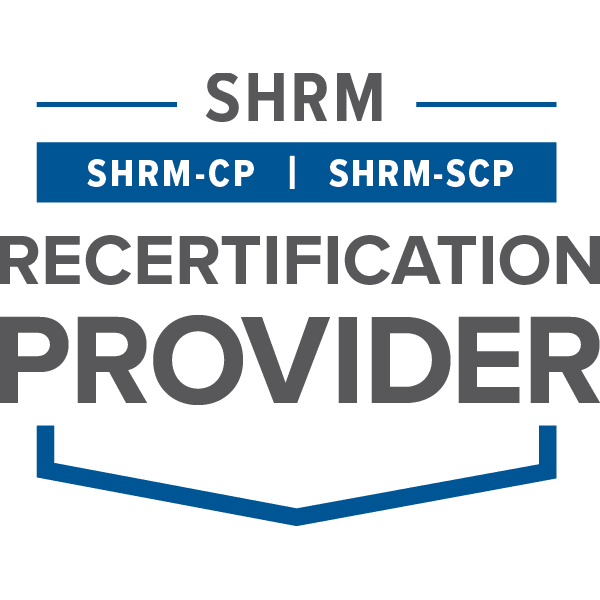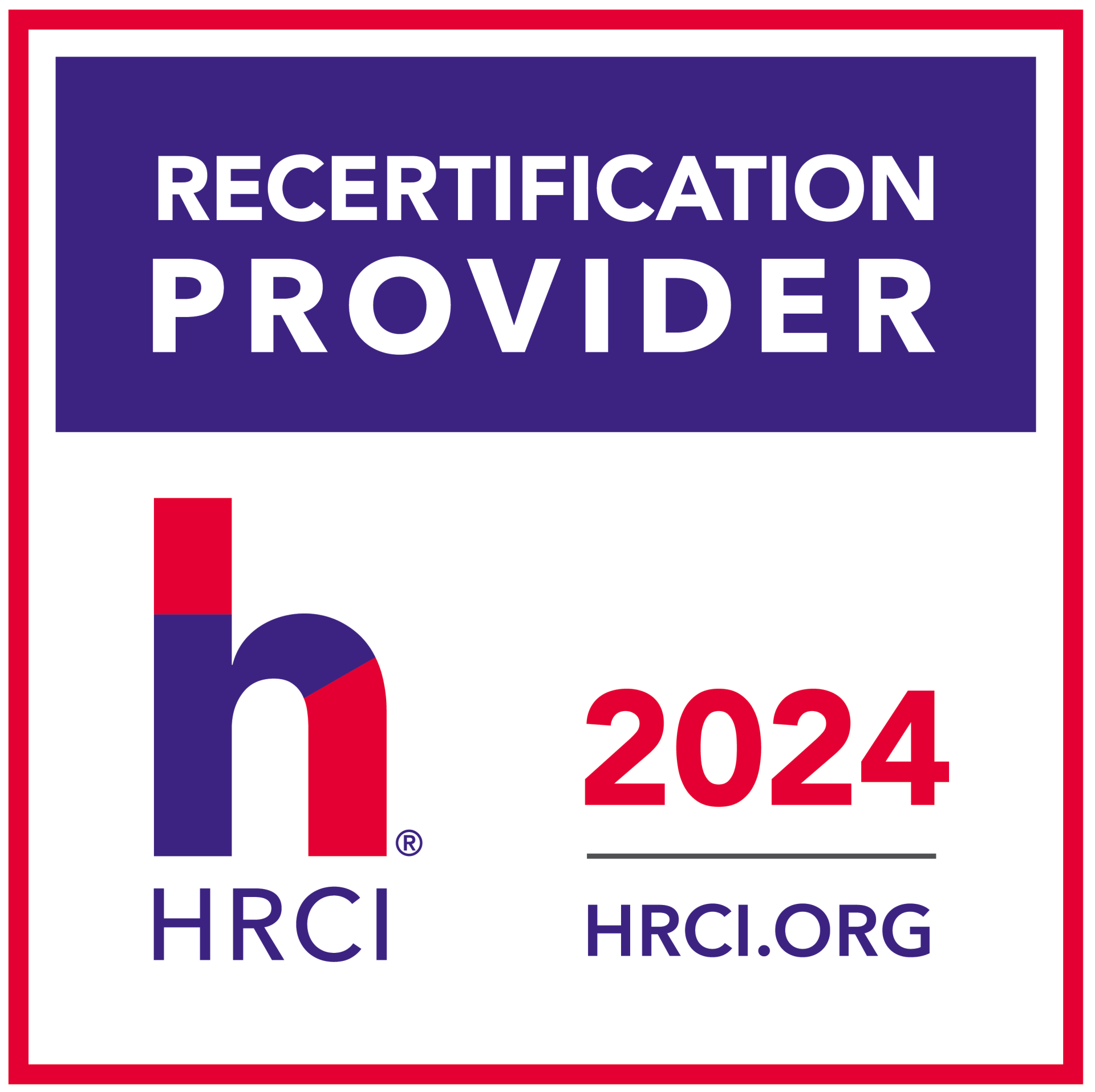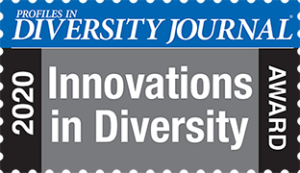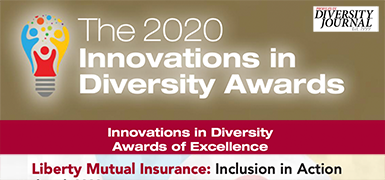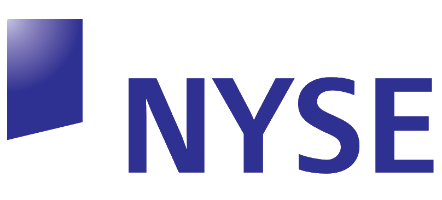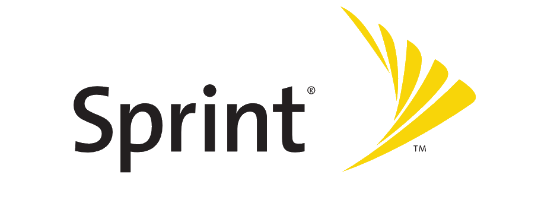Create a workplace where your people will feel like they belong
Experience training that moves hearts and minds and sparks meaningful change
Trusted by Thousands of Organizations
GenShift:
From Tension to Teamwork
Across the Generation Gap
Experience GenShift, the award-winning masterclass led by Dr. Katherine Jeffery, a generational researcher. Learn skills and GenShift cheat codes to thrive in your multi-generational workplace.
Write your awesome label here.
Write your awesome label here.
Write your awesome label here.
Write your awesome label here.

